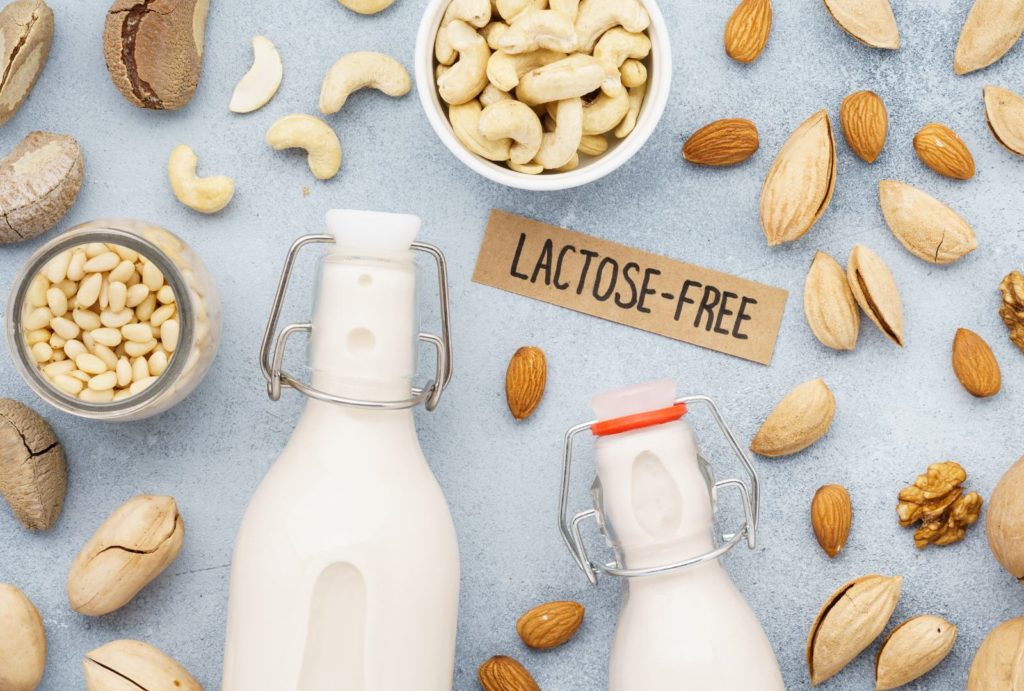This is a recurrent question that most of my clients regularly ask me: “Are eggs healthy?”. Eggs have been a topic of debate in the realm of nutrition due to their cholesterol content. There seems to be scientific consensus in saying that eggs are part of a healthy diet. But like everything, they need to be consumed in moderation.

Cholesterol and Eggs: Debunking Myths
Eggs are indeed high in cholesterol one large egg contains 186 mg of cholesterol, primarily in the yolk. And previously it was believed that dietary cholesterol could significantly raise blood cholesterol levels, artery plaque and contribute to heart disease. However, more recent research has shown that dietary cholesterol has a very small impact on total blood cholesterol levels.
In fact, the human body produces a significant amount of its own cholesterol, estimated to be around 75% of total cholesterol levels. Meaning that the cholesterol intake coming from food amounts to “only 25%”. However, this does not mean that one can freely eat large quantities of saturated fats void of nutritional value.
And, useless to say that eggs are nutrient dense food providing high quality protein, vitamins, minerals anti-oxidants and amino acid derived choline.
Our endogenous cholesterol production primarily occurs in the liver, where the body synthesizes cholesterol as needed for various physiological functions such as cell membrane’s structure and hormone production or bile acid synthesis for digestion. Yes, we need cholesterol for the body to perform important functions.
Moreover, the body tightly regulated cholesterol levels, and dietary cholesterol intake influences in turn, the body’s own cholesterol production. When you consume foods high in cholesterol, it is believed that the body compensates by producing less cholesterol internally.
Balancing Cholesterol: Beyond Dietary Intake and the Role of Lifestyle
To say the least, there is an intricate regulatory mechanism at the root of cholesterol metabolism in our bodies. So, while dietary cholesterol intake influences blood cholesterol and we should avoid high intakes, this is just one piece of the puzzle. There are obviously other factors influencing blood cholesterol levels, to name just a few: genetics, lifestyle habits, and overall dietary habits. In fact, a varied nutrient rich and balanced diet, including a lot of fiber rich foods, paired with regular physical activity helps maintain healthy levels of cholesterol.
Moreover, it should not be underestimated the role of stress, smoke, alcohol and added sugar food consumption in indirectly contributing to raising blood cholesterol levels.
So how many eggs per day? It depends! It depends on your overall lifestyle habits, physical activity and overall diet. But any food as healthy as it might be, should always be consumed in moderation and as part of a varied nutrient and fiber rich diet.
A last word on quality. In fact, the quality of eggs can vary depending on factors such as how they are produced, stored, and handled. Make sure you eat only fresh eggs from reputable sources, such as coming from local farms or producers respecting high quality animal welfare standards.

Can a high sugar diet contribute to high cholesterol blood levels?
The relationship between added sugar consumption and cholesterol levels is complex and multifaceted. It is true that added sugar itself doesn’t directly contain cholesterol, since cholesterol is found only in animal products! However, excessive intake of added sugars can have indirect effects on cholesterol levels and overall cardiovascular health.
But how?
Diets high in added sugars, particularly refined sugars like sucrose and high-fructose corn syrup, are associated with adverse changes in lipid profiles. High intake of added sugars can lead to increases in triglycerides (TG), which are a type of fat found in the blood. Elevated triglyceride levels are a risk factor for cardiovascular disease and are often accompanied by decreases in HDL (high-density lipoprotein) commonly known as “good” cholesterol.
Excessive consumption of added sugars thus, can contribute to weight gain and obesity, which are also risk factors for adverse lipid profiles and cardiovascular disease. Individuals who are overweight or obese are more likely to have elevated LDL (low-density lipoprotein-bas cholesterol) levels and decreased HDL cholesterol levels, as well as higher triglyceride levels.
Sugar’s Impact on Cholesterol and Overall Health
Recent research suggests that high sugar intake indirectly affect cholesterol metabolism and synthesis in the liver, which also impacts negatively the liver. Excess glucose from dietary sugars can stimulate insulin secretion, which in turn promotes the synthesis of fatty acids and triglycerides in the liver. These triglycerides can then contribute to the formation of LDL particles, potentially increasing LDL cholesterol levels in the blood.
Finally, diets high in added sugars have been linked to the development of metabolic syndrome, a cluster of conditions that includes abdominal obesity, elevated blood sugar levels, high blood pressure, and abnormal lipid levels. Metabolic syndrome is associated with an increased risk of cardiovascular disease, including coronary artery disease and stroke.
This is why to stay healthy, one should first and foremost always prefer nutrient rich and non-processed foods. It’s never too late to change habits. Start slow, one food at a time, but start today.
If you need further help, please contact me: Functional Nutritionist Alessandra Ginsburg




